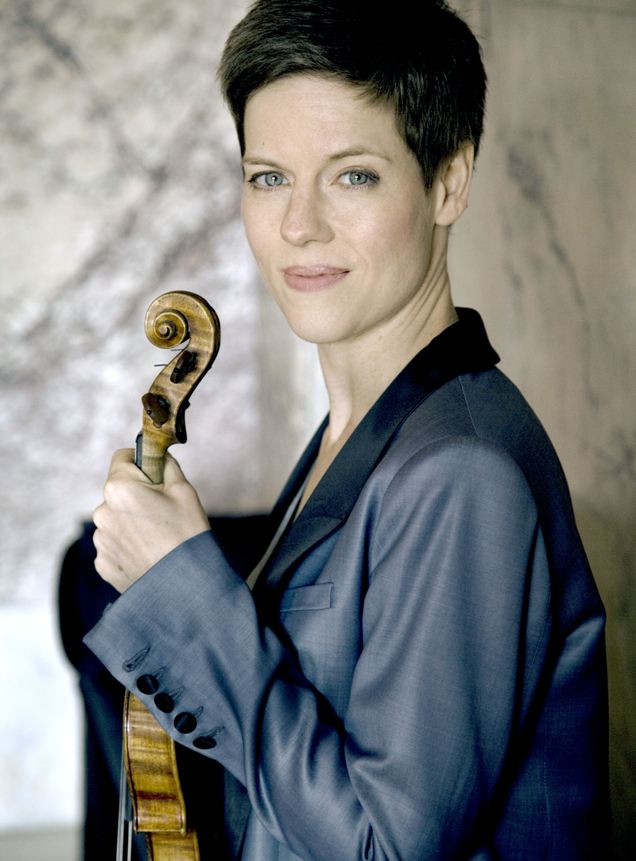Four years ago, Vasily Petrenko and the Royal Liverpool Philharmonic embarked on a two-year project to play all the Mahler symphonic works over a couple of seasons. It was an ambitious project but it was one which, then, had hall staff dusting down the House Full signs and the queues for returns forming well before the first note was due to played.
There was an air of that at the most recent performance – a shattering interpretation of the Sixth Symphony – where a full house was clearly moved: the long silence at the pitiful ending after so much chaotic emotional wrangling said it all. The opening march was devilishly insistent, full of energy, ever questioning with that Mahlerian hint of self-doubt, that all is not quite right with the world. From that Petrenko relaxed the pace to allow introspective impressions of rural delight to show through, with those distant cowbells doing their Alpine best to reinforce the image. But the let-up was short lived and what Freud reportedly said was Mahler’s "compulsive neurosis" came back with a no-holds barred, hellish impression of chaos, with Petrenko building the RLPO into an intense frenzy.
A brief moment of respite was allowed before Petrenko plunged the audience into the Scherzo, here placed second. The musical direction might be "wuchtig" – "heavy" – but this was less heavy, more grotesque. There were moments, like the first movement, of child-like innocence standing alongside more devilish nastiness. Petrenko pushed the RLPO almost to its limit. And then the Andante – a bit of relaxation after 40 minutes or so of frenzy. But the emotional pressure did not give out. There was much soul-searching in here, with every last bit of emotion wrung out.
 The long finale began mysteriously but built and built until those much anticipated hammer blows. Here was something of a first. Principal percussionist Graham Johns constructed his own "Hammerschlag" to a design produced by Roger Cline (a double bass player at the Chicago Symphony Orchestra and a mean amateur carpenter in his spare time. This was apparently the first time the ‘Hammerschlag’ has been heard in Europe). Again, this was an orchestra tour de force which simply collapsed at the end.
The long finale began mysteriously but built and built until those much anticipated hammer blows. Here was something of a first. Principal percussionist Graham Johns constructed his own "Hammerschlag" to a design produced by Roger Cline (a double bass player at the Chicago Symphony Orchestra and a mean amateur carpenter in his spare time. This was apparently the first time the ‘Hammerschlag’ has been heard in Europe). Again, this was an orchestra tour de force which simply collapsed at the end.
The main impact of this performance was the clarity of line brought out by Petrenko. It allowed listeners really to hear the complexity of the score and, for anyone knowing Das Lied von der Erde and the later symphonies, it signalled the direction in which Mahler’s compositional talents were headed. As for the orchestra, some splendid playing came from the serried ranks of brass on the platform. A great woodwind ensemble and robust strings made for a performance which will be remembered in years to come.
The first work in the concert was Schumann’s D minor Violin Concerto. While the orchestration is somewhat opaque the playing of soloist Isabelle Faust (pictured above) was quite the opposite: warm, witty, thoughtful. The development section of the opening movement was particularly introspective, a great preparation for the intense slow movement Faust produced. The finale, which has the direction of "lively but not fast" was relaxed, cheerful even. It was a great antidote-in-advance for what was to come.














Add comment